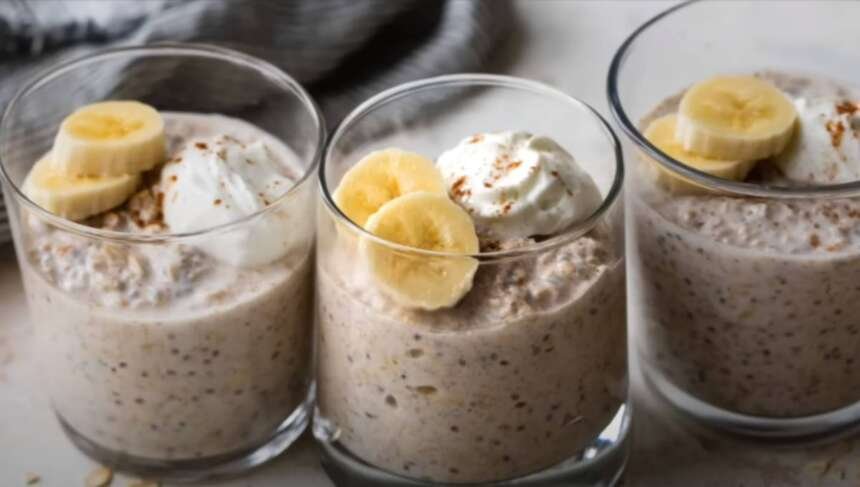When it comes to weight loss, there is no one-size-fits-all solution. However, incorporating certain foods into your diet can aid in the process. Oats have long been touted as a weight-loss-friendly food, but does this claim hold true? Let’s delve into the science behind this assertion.
First of all, oats are rich in fiber, with a single serving (1/2 cup dry oats) providing around 4 grams of fiber. Fiber is crucial for weight management as it promotes feelings of fullness and satiety, which can prevent overeating and unnecessary snacking. Additionally, fiber aids in digestion and can help regulate blood sugar levels, preventing energy crashes and cravings. [Source] [Source]
Furthermore, oats are a complex carbohydrate, which means they are broken down more slowly in the body compared to simple carbohydrates found in processed foods. This gradual release of energy helps maintain stable blood sugar levels, preventing spikes and crashes that can lead to increased hunger and potential weight gain. [Source]
Several studies have explored the connection between oat consumption and weight loss. A meta-analysis published in the Journal of the American College of Nutrition found that incorporating oats into a calorie-controlled diet resulted in greater weight loss and better maintenance of lean body mass compared to control diets without oats. [Source]
Another study published in the British Journal of Nutrition observed that participants who consumed oat-based breakfast cereals experienced greater feelings of fullness and reduced calorie intake throughout the day compared to those who consumed ready-to-eat cereals. [Source]
It’s important to note that oats alone are not a magic weight-loss solution. They should be consumed as part of a balanced, calorie-controlled diet rich in whole foods, including fruits, vegetables, lean proteins, and healthy fats. Additionally, portion control is crucial, as even healthy foods like oats can contribute to weight gain if consumed in excess.
Tips
Choose Minimally Processed Oats: When it comes to oats, opt for minimally processed varieties like steel-cut oats or old-fashioned rolled oats. These forms of oats are less processed and retain more of their natural fiber, protein, and nutrient content compared to highly processed instant oatmeal packets, which often contain added sugars, flavors, and preservatives.
Oats can be incorporated into your diet in various ways, such as oatmeal, overnight oats, or as an ingredient in baked goods like bread or muffins. However, it’s essential to be mindful of added sugars, fats, and other calorie-dense ingredients that can offset the benefits of oats.
In conclusion, while oats may not be a miracle food for weight loss, their fiber content, complex carbohydrate composition, and ability to promote feelings of fullness make them a valuable addition to a weight-loss-friendly diet.
When coupled with an overall balanced and calorie-controlled eating plan, along with regular physical activity, oats can be a helpful ally in your weight-loss journey.








